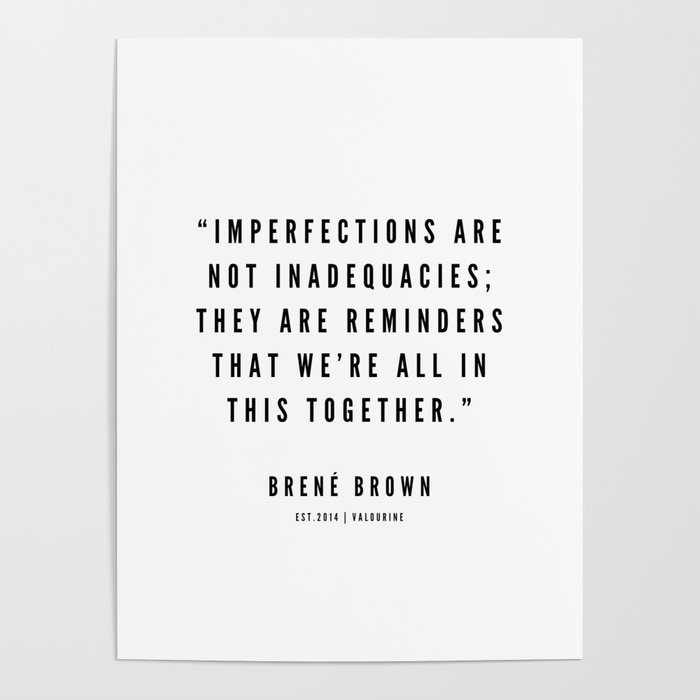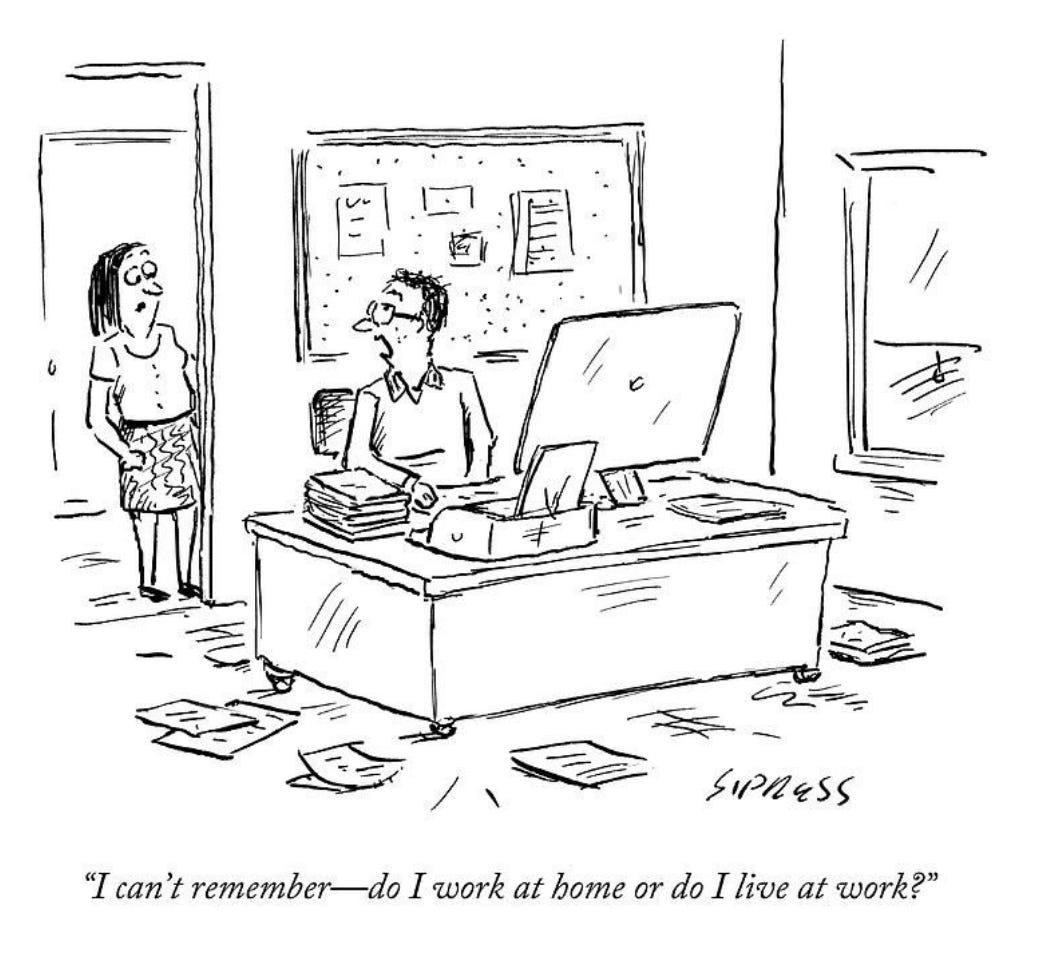The Burnout Fallacy…
What We’re Getting Wrong and How We Can Address It
In this issue: The Burnout Fallacy / How Unilever Develops Leaders To Be A Force For Good / The Best Workout for Your Mood / The Lighter Side
—
Why you’re getting this:
I'm Andrea J. Miller and this is my “The Wellthy Leader” Newsletter. I send this to people in my networks, people I’ve met recently, and friends I want to keep in touch with. You can unsubscribe (SEE THE VERY BOTTOM OF THE EMAIL) anytime, I won’t be offended
—
The Burnout Fallacy…What We’re Getting Wrong and How We Can Address It
These days it feels like everywhere we look someone is writing about burnout (I never said I was original :).
Don’t get me wrong it’s a great and overdue conversation but is it the right conversation?
Yes, everyone is tired and overworked – being always “on” is bound to take a toll. However, burnout is about far more than just sheer exhaustion and overwork.
We’ve all had times when work was insanely busy, and yet it somehow us. In some instances, we even thrive under these circumstances…so if burnout isn’t just about overload, then what is it?
Dr. Christina Maslach, a pioneer in burnout research points to two additional, overlapping dimensions that can be far more toxic and when present lead to burnout.
The second area, which she says is at the heart of burnout, is cynicism.
Perhaps you’ve experienced it.
You’re fed up, you start to feel negative, maybe even a bit distrustful or hostile towards others.
You may start doing the bare minimum, just “phoning it in” to collect a paycheck and keep your lousy health benefits (I did say you’re feeling cynical).
Dr. Maslach says the third and final dimension is negative self-evaluation.
It manifests with you questioning yourself and your ability, and whether you even belong at the job –an overwhelming sense of stuck-ness may start to take hold.
To be clear we’ve all had bad days or even weeks at work. It’s when you experience these three dimensions over a prolonged period that it leads to burnout.
Burnout is particularly destructive in that we often believe it’s all our fault.
This stems from a faulty assumption that people who are burned out aren’t as good as those who don’t.
While personal responsibility and agency are important in any situation, burnout is usually related to things that are going wrong in the workplace.
In her research, Dr. Maslach found that the job was way more important for understanding what happens with burnout or engagement with work than the individual’s characteristics.
The COVID Factor
Burnout existed before COVID, though not surprisingly COVID has made everything worse.
We’re all living with additional stressors and greater anxiety.
Work from home while great for commuting times and lowering dry cleaning bills has negatively changed our sense of community and further blurred the already hazy lines between our work and personal lives.
Perhaps most importantly, this change to our day-to-day has given us a new perspective on what work can look like.
It has taught us that we have choices...
Remote work works (for some).
Our environment matters.
Our values matter.
Most of all, people matter and if an organization has been slow to show it…then, well, people leave.
This isn’t inevitable, nor does it have to be expensive.
In her work, Dr. Maslach points to the psychological/social side of things and the importance of creating a person – job “fit”
1. A sustainable workload – People need time to rest and recover.
Working more doesn’t equal greater productivity. The US ranks number six on the OECD’s list of most productive countries, while we work significantly more hours/year than the majority of the five countries above us on the list.
2. Choice and control – People want autonomy to address their needs and determine how, when, and where they get work done.
3. Recognition and reward – Rewards come in many forms. While additional pay is great, for many employees it’s social recognition and positive feedback that has the highest value…and, best of all, it costs nothing to give.
4. A supportive work community – Our sense of community and connectedness has taken one of the hardest hits of all during COVID. It can be more difficult to develop trust, know who you can go to for support, advice, and mentorship, etc. working at a distance.
5. Fairness, Respect, social justice – Decisions that impact employees need to be generally perceived as fair and transparent. This usually relates to issues of discrimination, the glass ceiling, or some other bias (either for or against) specific people or groups.
6. Clear values and meaningful work – For many, work is no longer simply about earning a paycheck, they also want it to be meaningful and fulfilling, with a sense that it’s in line with their values and they can contribute to something bigger. It’s also about seeking a greater sense of purpose and fulfillment.
There are many ways to address the issues that address burnout. They don’t have to be big or expensive. As always, it all begins with listening, understanding, and taking action in ways that are meaningful to your employees.
—
RECOMMENDED LISTENS AND READS
How Unilever Develops Leaders To Be A Force For Good
As a global company whose products reach 2.5 billion people every day, Unilever has the potential to make a monumental impact on the world. It is using this power to be a force for good by delivering on a bold and game-changing sustainability plan and creating a workplace where 150,000 employees can discover and live their purpose.
The Best Workout for Your Mood
From the folks at Nike…Not sure which physical pursuit is best for whichever mental state you feel stuck in right now? Consider this, from experts who feel all the feels too, your guide
—
On The Lighter Side
—
Are there any other subjects you want me to cover? Hit “Reply” and tell me!
I love hearing from you :)!
—
If you enjoyed this newsletter, please forward to a friend (or 5 :) or someone you feel would benefit from reading it!
Andrea J. Miller
+1 (646) 556-5401 (Whatsapp)



